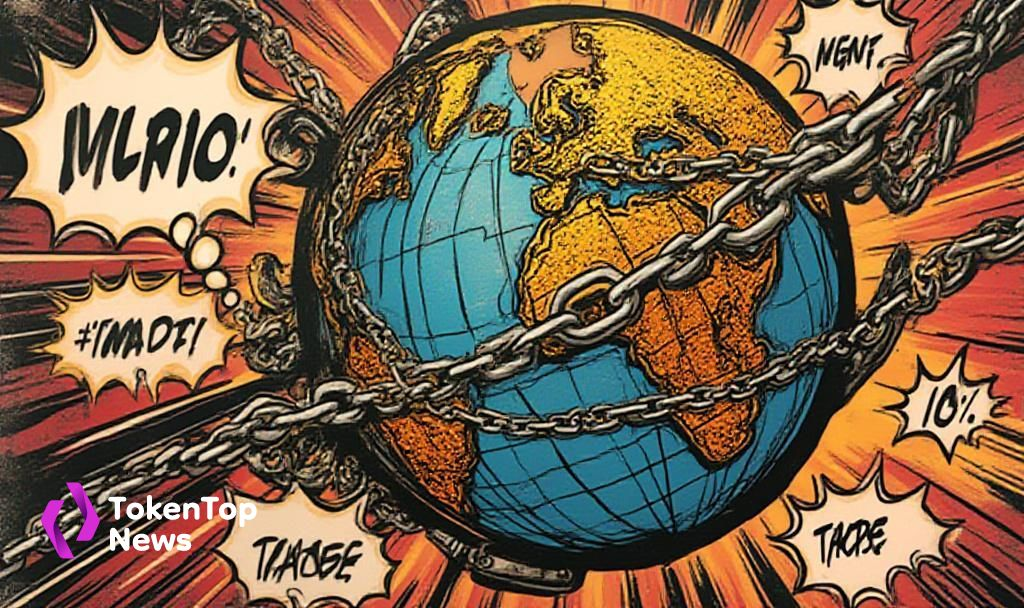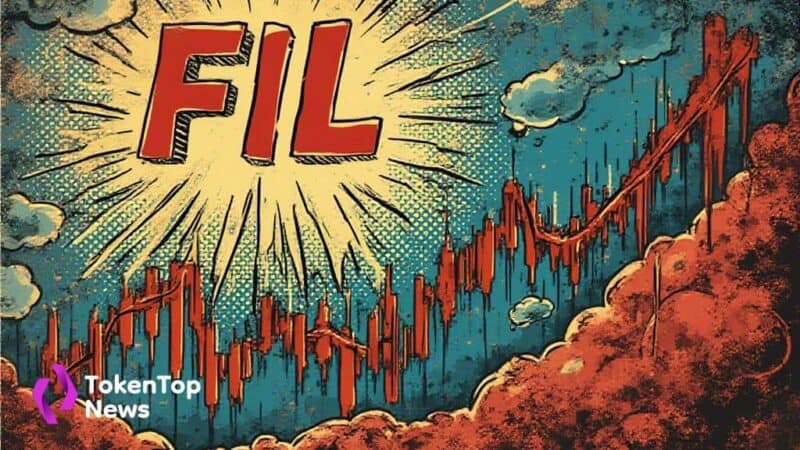US Tariff Increase to Impact Over 100 Countries, Sparks Concerns in Crypto Markets
- Tariffs impact 100+ countries, initiating next week.
- US exports policy under “America First”.
- Potential market volatility in equities and cryptocurrency.

US Deputy Treasury Secretary Michael Faulkender announced new trade tariffs of at least 10% on July 2, 2025, affecting over 100 countries. The tariffs aim to bolster the “America First” policy and are part of forthcoming trade agreements.
Michael Faulkender outlined that the announcement of tariffs, set to affect a broad range of imports, marks a continuation of President Trump’s economic strategies. Tariffs are aligned with broader policies involving other government departments.
A baseline tariff of 10% applies, with specific countries facing adjustments based on their trade relationships. Some sectors, particularly Chinese electronics, are subject to tariffs reaching as high as 145%, reflecting past administration strategies.
The affected markets, including cryptocurrency and equities, could see increased volatility. Historically, trade tensions have led to capital shifts and heightened risk aversion among investors looking at both traditional and digital assets.
Financial ramifications include broader disruptions in supply chains and potential impacts on global trade volumes. With reciprocal measures from impacted countries expected, the geopolitical and economic environment may experience considerable shifts.
Market analysts predict volatility in cryptocurrency as regulatory and structural changes reshape macroeconomic conditions. Historical trends suggest fluctuations in Bitcoin and Ethereum as stability concerns affect digital asset markets.
“I would expect that we have a number of deals that are announced next week. For those for which negotiations have not really gone forward, I would anticipate next week an announcement of what their tariff rate would be.” — Michael Faulkender




